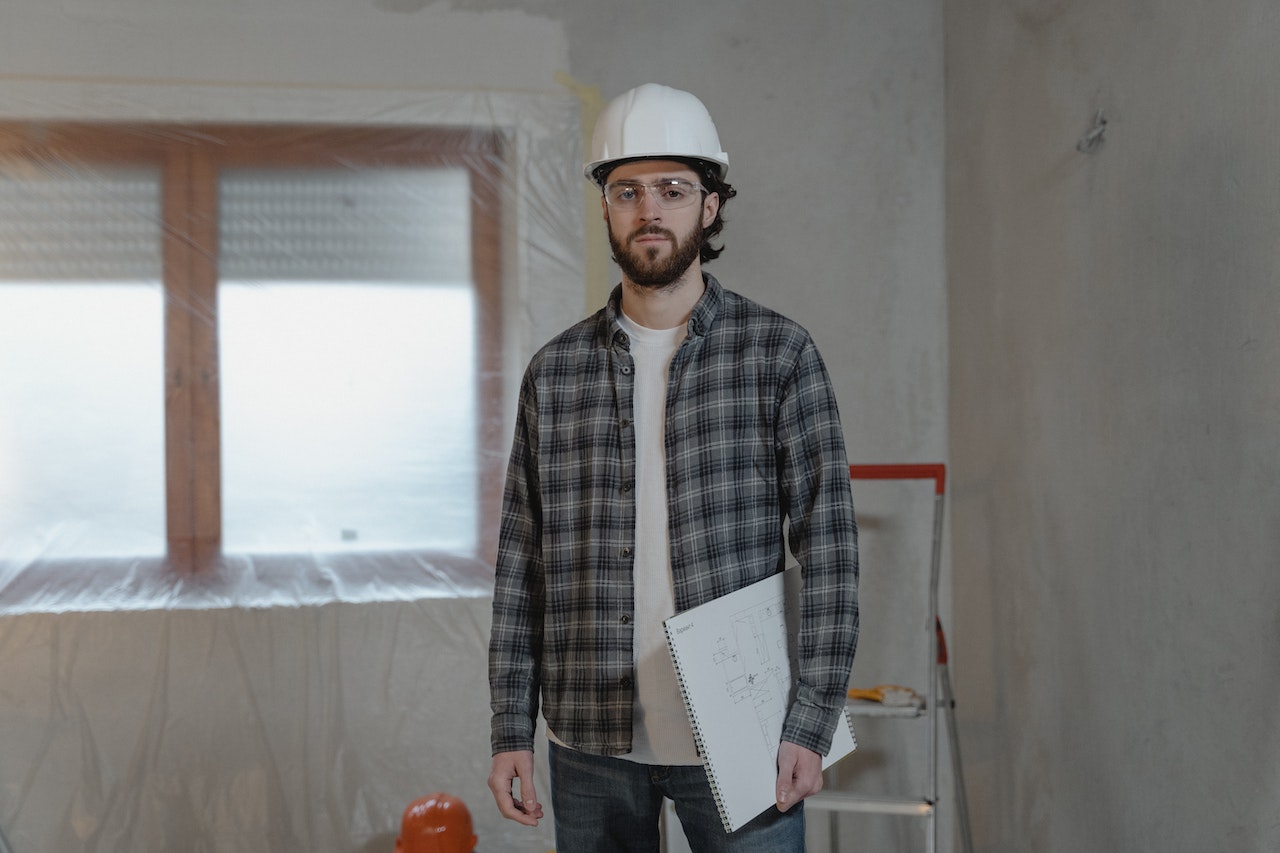
Construction workers are at the heart of their industry. They are responsible for building their country’s infrastructure and working in some of the most hazardous conditions. Despite their importance, construction workers are often mistreated, and their rights are often violated.
In the United States, construction workers have certain rights granted to them by the Occupational Safety and Health Administration (OSHA). They are afforded these rights to ensure their safety while working.
However, not all construction workers are aware of their rights. This often leads to them being taken advantage of by their employers, and as a result, they may not speak up when they are being mistreated or put in danger.
This article will educate construction workers on their rights to be better informed and protected while on the job. So, give it a read!
The right to workers’ compensation
Construction workers are particularly vulnerable to injury due to the nature of their work. Falls from heights, being struck by objects, and exposure to hazardous materials are just some of the dangers they face on a daily basis.
Due to the high rates of injury in the construction industry, workers need to be aware of their rights under the workers’ compensation system. It is a system of insurance that provides benefits to workers who are injured or who contract an illness at work.
In the United States, for instance, you are entitled to workers’ compensation if you have been diagnosed with mesothelioma due to asbestos exposure at a construction site. It can be a complicated process to claim your compensation. So, it’s better to contact an experienced mesothelioma lawyer to learn more about your legal option and get the benefits you deserve.
The right to a safe and healthy workplace
Construction workers have the right to a safe and healthy work environment, free from hazards that can cause injury or illness. However, despite strict regulations and safety standards, accidents and injuries still occur in the construction industry. In many cases, these incidents result from unsafe conditions on the job site, such as insufficient protective equipment, improper use of equipment, or inadequate training.
To address these hazards, construction workers have the right to challenge unsafe conditions and practices. This means that they have the right to speak up when they believe that a particular work situation is dangerous or poses a risk to their health and safety. This can include identifying hazards, reporting accidents, refusing to perform unsafe work, and requesting protective gear or equipment.
In the United States, one of the most important tools that construction workers have to protect their rights and ensure their safety on the job is the Occupational Safety and Health Administration (OSHA). OSHA is a federal agency that oversees workplace safety and enforces regulations designed to protect workers from harm. Workers can file a complaint with OSHA if they believe their employer is not complying with safety regulations or putting them in danger.
The right to fair wages
Construction workers have the right to fair wages, which is crucial to ensuring their livelihoods and supporting their families. In many cases, construction work can be dangerous and physically demanding, requiring skilled labor and specialized knowledge. As such, workers in this field must be compensated fairly for their time, effort, and expertise.
Fair wages ensure that construction workers are able to earn a living wage, which is the minimum income necessary to meet basic needs such as food, housing, and healthcare. It also allows them to save money for emergencies, retirement, and other long-term financial goals. Additionally, fair wages contribute to a stable and healthy economy by promoting consumer spending and reducing poverty.
To ensure fair wages for construction workers, governments and employers must take steps to enforce labor laws, such as minimum wage requirements, overtime pay, and anti-discrimination measures. These laws can help prevent exploitation, discrimination, and wage theft, which can negatively impact workers’ ability to support themselves and their families.
The right to challenge unsafe conditions
Workers can and should challenge unsafe conditions directly by speaking to their supervisor or foreperson or contacting their union representative. If the situation is still not resolved, workers can file a grievance with their union, which can escalate the issue to a higher level or even take legal action.
Construction workers need to know they have the right to challenge unsafe conditions without fearing retaliation from their employers. This means they cannot be fired, demoted, or penalized for speaking up about safety concerns. If workers believe they have been retaliated against for raising safety concerns, they can file a complaint with OSHA, their union, or a labor lawyer.
The right to join a union
Construction workers have the right to join a union, which is a collective organization representing workers’ interests in negotiations with employers. However, not all construction workers have the right to join a union, as this can depend on their country or region’s laws and regulations.
Some countries have laws that protect workers’ rights to organize and join unions, while others do not. In some cases, employers may resist unionization efforts, and workers may face retaliation or intimidation for attempting to unionize.
Regardless of the challenges, the right to join a union is essential for construction workers to have a fair and equitable workplace. Unions provide a powerful mechanism for workers to negotiate better pay and conditions and to advocate for their rights and interests. Therefore, it is important that governments and employers respect workers’ rights to join a union and that workers are aware of their right to organize and join together to fight for their rights.
Conclusion
Construction workers deserve to have their rights protected as they face challenges such as unsafe working conditions, low wages, and lack of benefits. The good news is there are laws and regulations in place to help ensure their protection. And employers and government officials must uphold these laws.
Workers also have the right to speak up if they feel mistreated or exploited. By working together, the construction industry can become safer and more equitable for everyone involved. Furthermore, it is important to recognize construction workers’ hard work and dedication and provide them with the respect and protection they deserve.






